How to Use Peppermint for Better Digestion
Peppermint, a fragrant herb with a cool, refreshing aroma, has been cherished for centuries across various cultures for its medicinal properties, particularly its digestive benefits. In the realm of natural remedies, peppermint stands out as a versatile powerhouse, offering a gentle yet effective means to support and enhance digestive health. This article delves into the multifaceted ways peppermint can be harnessed to promote a happier gut. From its soothing effects on irritable bowel syndrome (IBS) to its ability to alleviate bloating and indigestion, peppermint's digestive magic is both profound and accessible. Join us on this insightful journey as we explore 10 stellar ways to incorporate peppermint into your digestive wellness routine.
1. Peppermint Oil and Its Role in Managing IBS
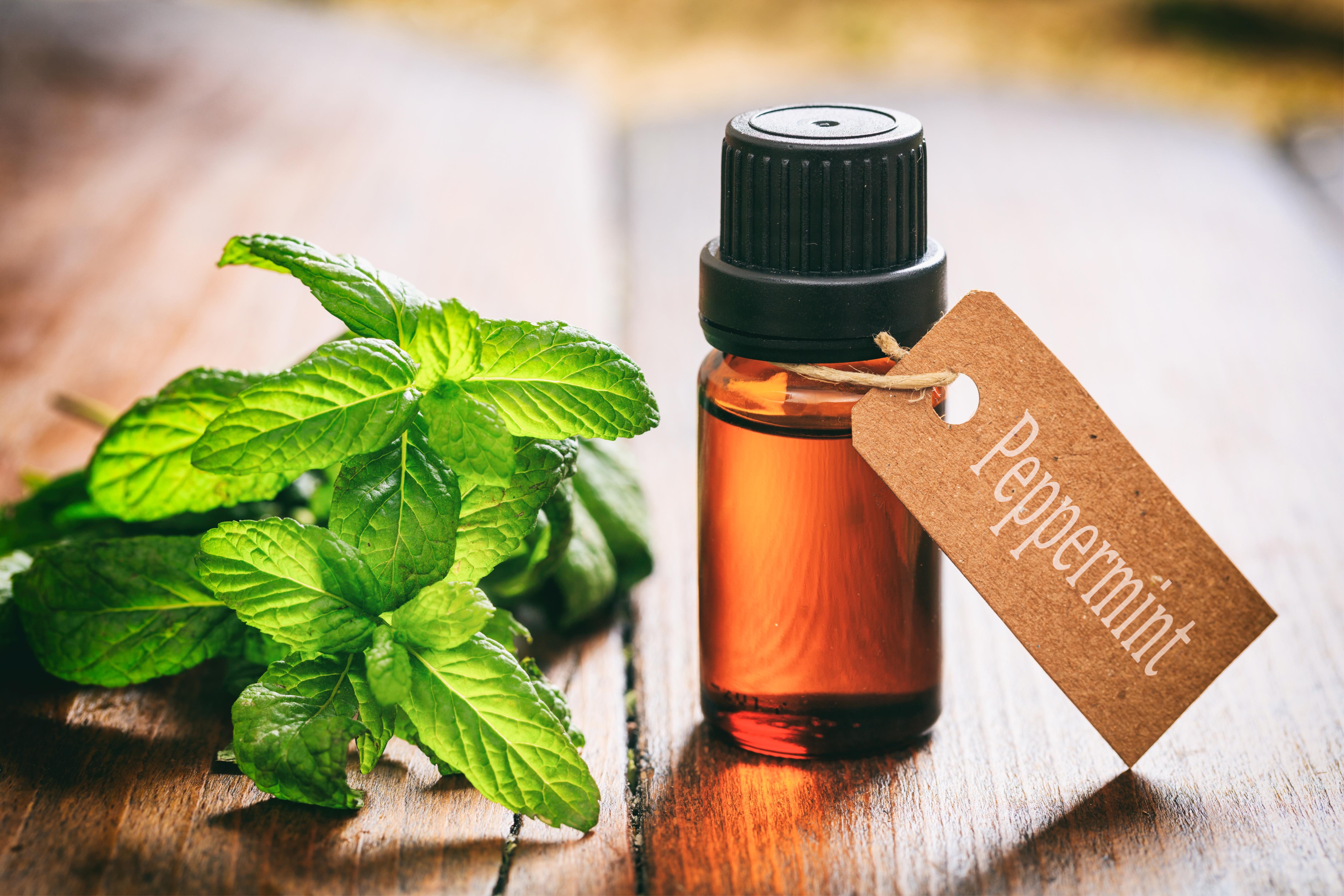
Irritable Bowel Syndrome (IBS) affects millions worldwide, causing discomfort and disrupting daily life. Peppermint oil has emerged as a natural remedy that can provide relief from the symptoms of IBS. The oil contains menthol, which has antispasmodic properties that help relax the muscles of the gastrointestinal tract, reducing spasms and pain. Studies have shown that enteric-coated peppermint oil capsules, which prevent the oil from being released until it reaches the intestines, can significantly reduce IBS symptoms such as bloating, gas, and diarrhea. Incorporating peppermint oil into a daily regimen may offer a gentle, effective solution for those suffering from this condition.
2. Alleviating Bloating with Peppermint Tea

Bloating can be an uncomfortable and often embarrassing digestive issue, but peppermint tea offers a simple and soothing remedy. The natural compounds in peppermint tea help relax the digestive tract muscles, allowing trapped gas to pass more easily and reducing the sensation of fullness. Drinking a warm cup of peppermint tea after meals can aid in digestion and prevent bloating. Additionally, the anti-inflammatory properties of peppermint can help calm the digestive system, making peppermint tea a delightful and effective way to maintain a balanced gut.
3. Peppermint's Impact on Indigestion Relief

Indigestion, characterized by discomfort or pain in the stomach area, can often be mitigated by peppermint. The menthol in peppermint acts as a natural analgesic, providing relief from the pain and discomfort associated with indigestion. Peppermint aids in the relaxation of the digestive system, promoting the flow of bile which is necessary for the digestion of fats. Consuming peppermint in various forms, such as tea or supplements, can help ease the symptoms of indigestion, ensuring a more comfortable digestive experience.
4. Enhancing Digestive Enzyme Activity with Peppermint
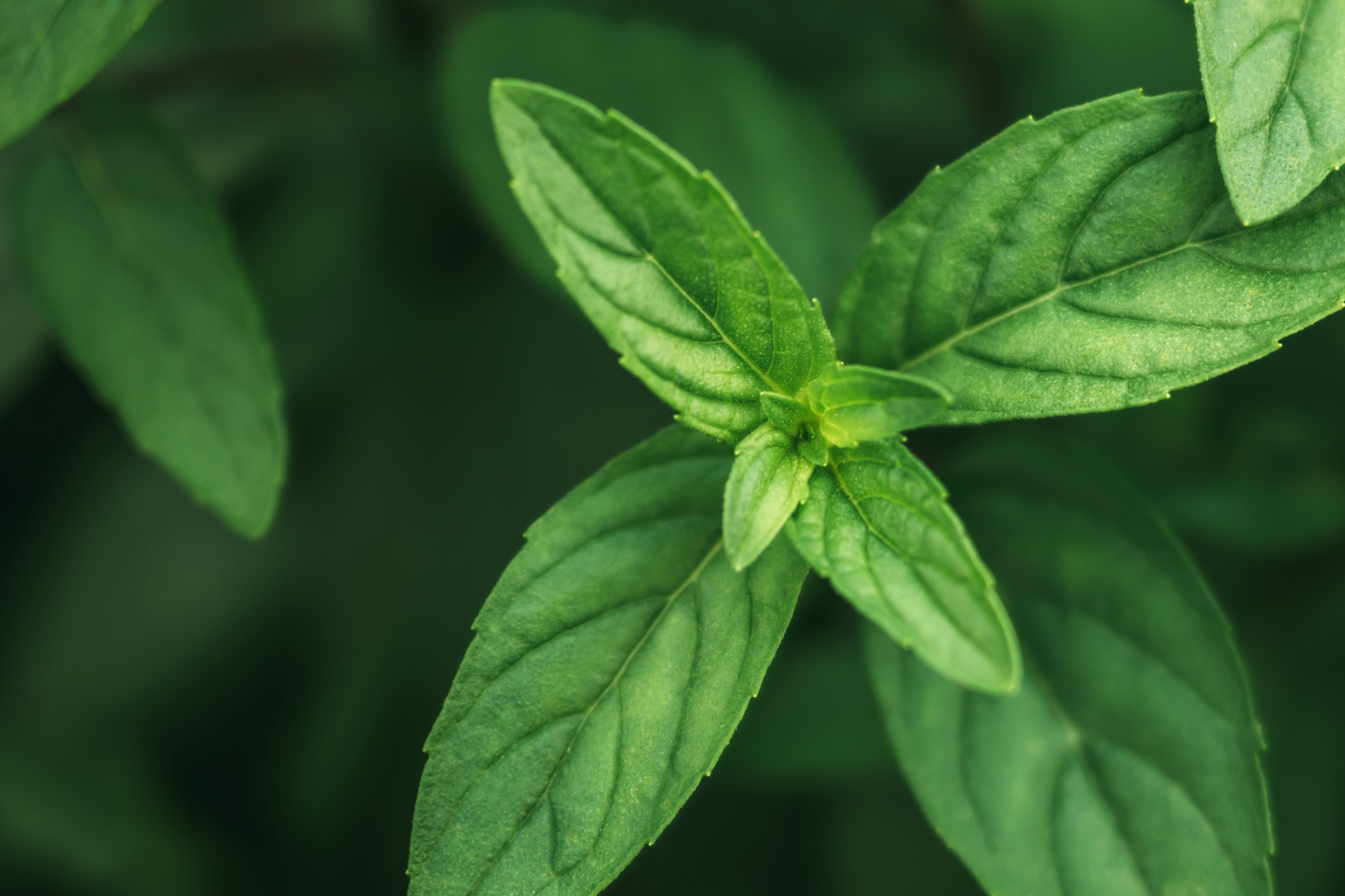
Digestive enzymes play a crucial role in breaking down food so that nutrients can be absorbed efficiently. Peppermint has been found to enhance the activity of these enzymes, facilitating better digestion and nutrient absorption. The menthol in peppermint stimulates bile flow, which is essential for the digestion of fats. By promoting the efficient breakdown of food, peppermint ensures that the digestive system operates smoothly, reducing the risk of digestive discomfort and enhancing overall gut health.
5. Peppermint's Role in Reducing Nausea
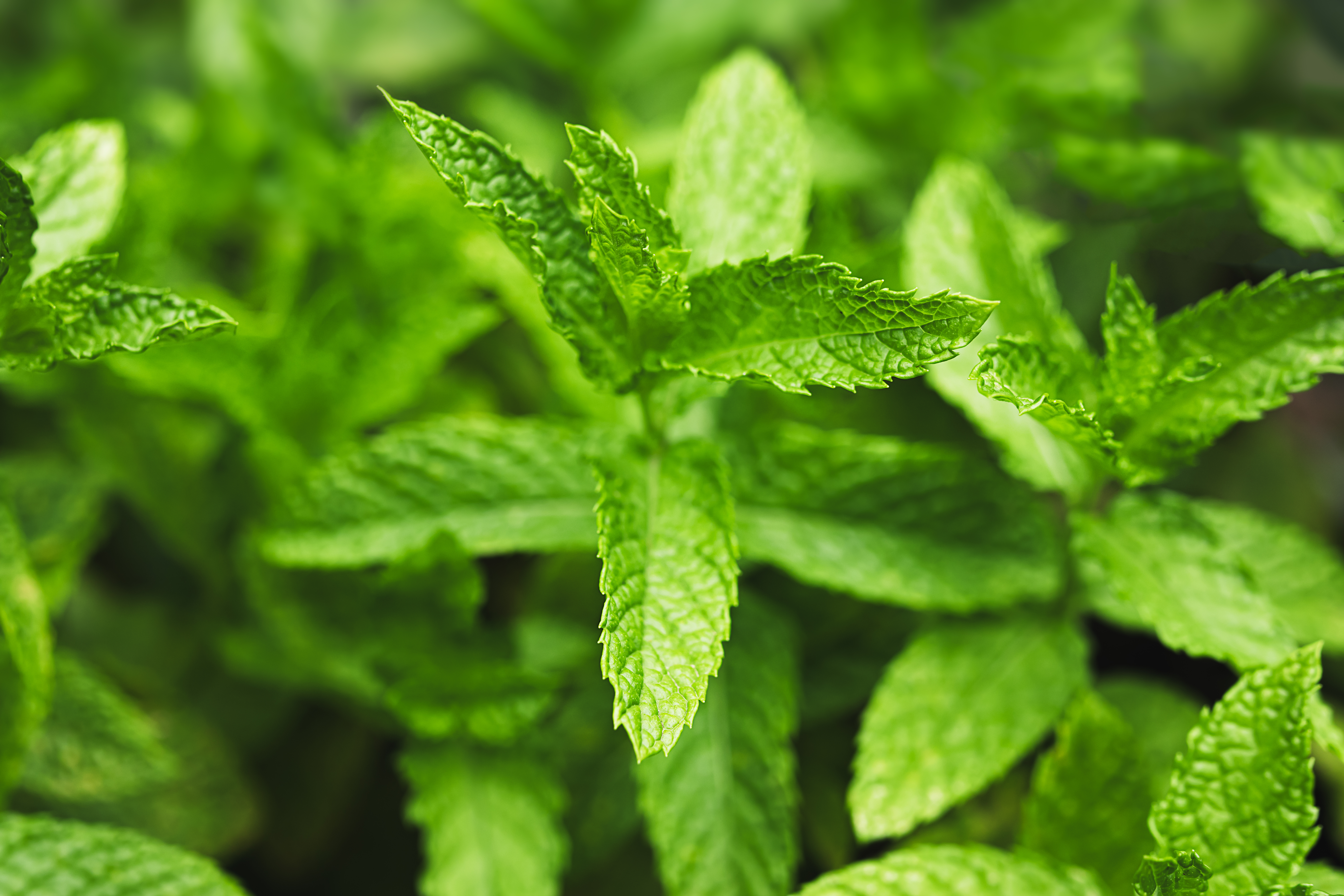
Nausea can be a debilitating symptom, often accompanying various digestive disorders. Peppermint, with its calming aroma and soothing properties, can effectively reduce feelings of nausea. The menthol in peppermint acts on the stomach's smooth muscle, providing a relaxing effect that can alleviate nausea. Whether inhaled through essential oil, consumed as tea, or taken in capsule form, peppermint offers a natural remedy to quell nausea, making it a valuable tool for maintaining digestive comfort.
6. Combating Constipation with Peppermint

Constipation, a common digestive complaint, can be alleviated with the help of peppermint. The herb's ability to relax the muscles of the digestive tract facilitates smoother bowel movements. Peppermint tea, in particular, can act as a mild laxative, encouraging regularity and easing constipation. By soothing the digestive system and promoting peristalsis, peppermint helps maintain a healthy and regular digestive rhythm, reducing the discomfort associated with constipation.
7. Peppermint's Antimicrobial Properties for Gut Health

The antimicrobial properties of peppermint make it a valuable ally in maintaining a healthy gut flora. Peppermint contains compounds that can inhibit the growth of harmful bacteria in the digestive tract, promoting a balanced gut microbiome. A healthy gut flora is essential for optimal digestion and overall health. By incorporating peppermint into one's diet, either through tea or supplements, individuals can support their gut health and protect against digestive infections.
8. Peppermint's Effect on Acid Reflux
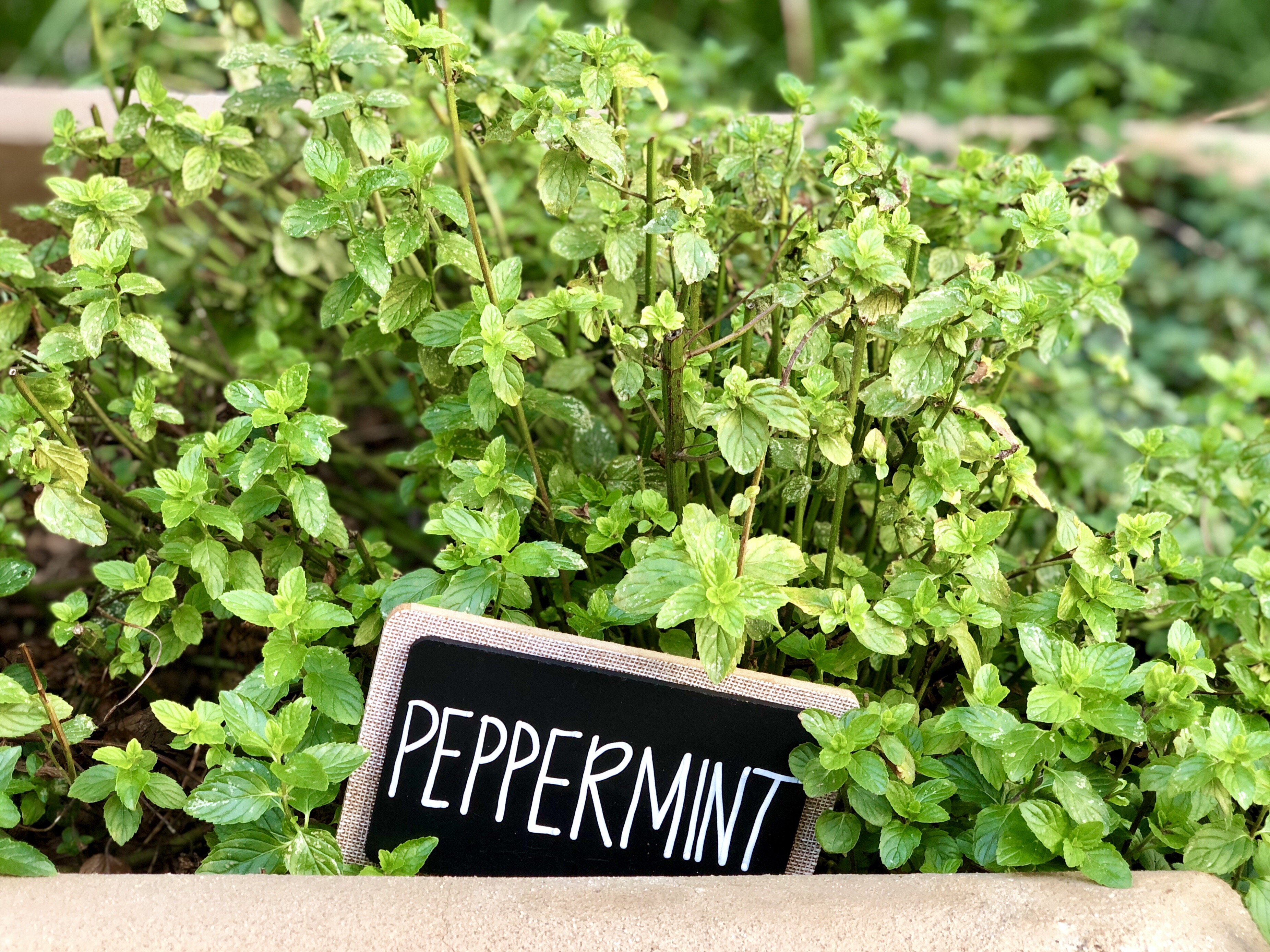
While peppermint is beneficial for many digestive issues, its role in managing acid reflux is nuanced. For some, peppermint can relax the lower esophageal sphincter, potentially worsening acid reflux symptoms. However, when used with caution and under medical guidance, peppermint can still offer digestive benefits without exacerbating reflux. Understanding individual tolerance and consulting with a healthcare provider can help those with acid reflux harness peppermint's benefits without discomfort.
9. Peppermint as a Stress Reliever for Gut Health

Stress can significantly impact digestive health, often exacerbating symptoms of various digestive disorders. Peppermint, known for its calming effects, can help reduce stress and its impact on the gut. The soothing aroma of peppermint essential oil can promote relaxation, while peppermint tea can provide a calming ritual. By reducing stress levels, peppermint indirectly supports digestive health, as a relaxed state can lead to improved digestion and reduced gastrointestinal distress.
10. Incorporating Peppermint into Your Diet
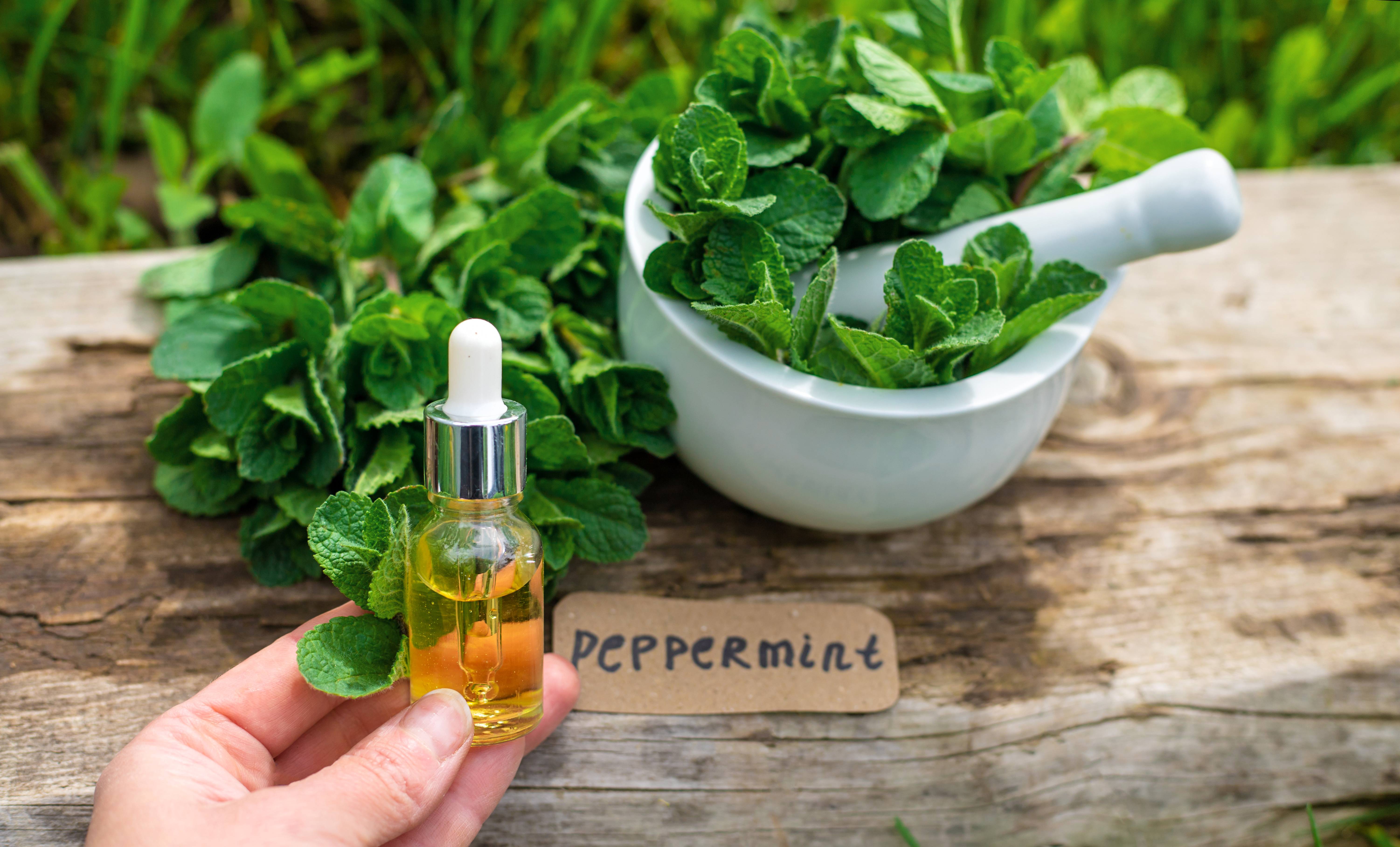
Incorporating peppermint into your diet is a simple yet effective way to harness its digestive benefits. Fresh peppermint leaves can be added to salads, smoothies, or desserts for a refreshing flavor and digestive boost. Peppermint tea, a popular choice, can be enjoyed hot or cold, providing a soothing experience. For a more concentrated dose, peppermint oil capsules offer a convenient option. By making peppermint a regular part of your diet, you can enjoy its myriad digestive benefits while adding a delightful flavor to your meals.
Embracing Peppermint for a Healthier Gut
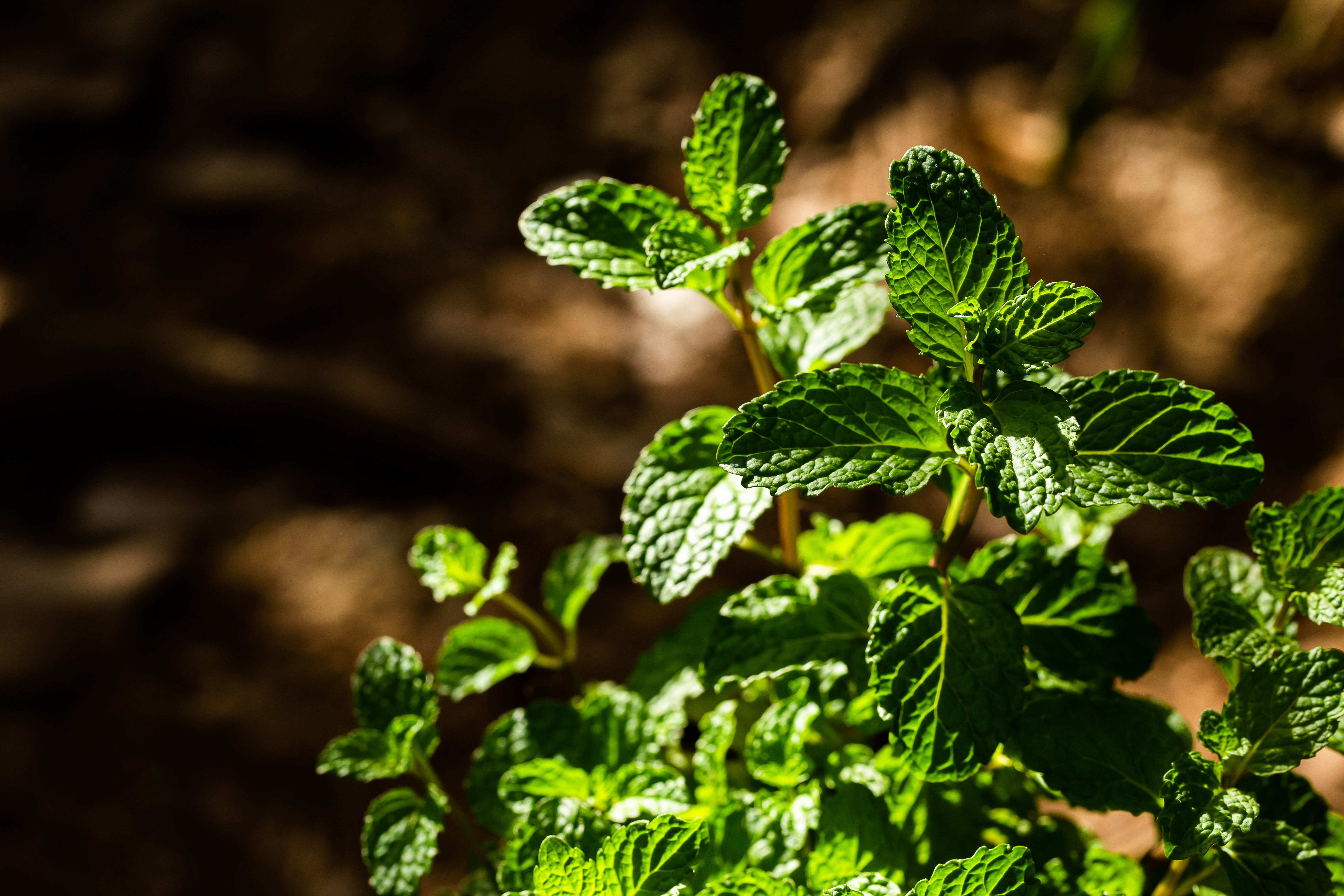
Peppermint's digestive magic lies in its versatility and effectiveness as a natural remedy for a variety of digestive issues. From alleviating IBS symptoms to reducing bloating, indigestion, and nausea, peppermint offers a holistic approach to gut health. Its antimicrobial properties and ability to enhance digestive enzyme activity further underscore its value as a digestive aid. By incorporating peppermint into your daily routine, you can support a happier, healthier gut. Embrace the power of peppermint and experience the transformative benefits it can bring to your digestive wellness journey.